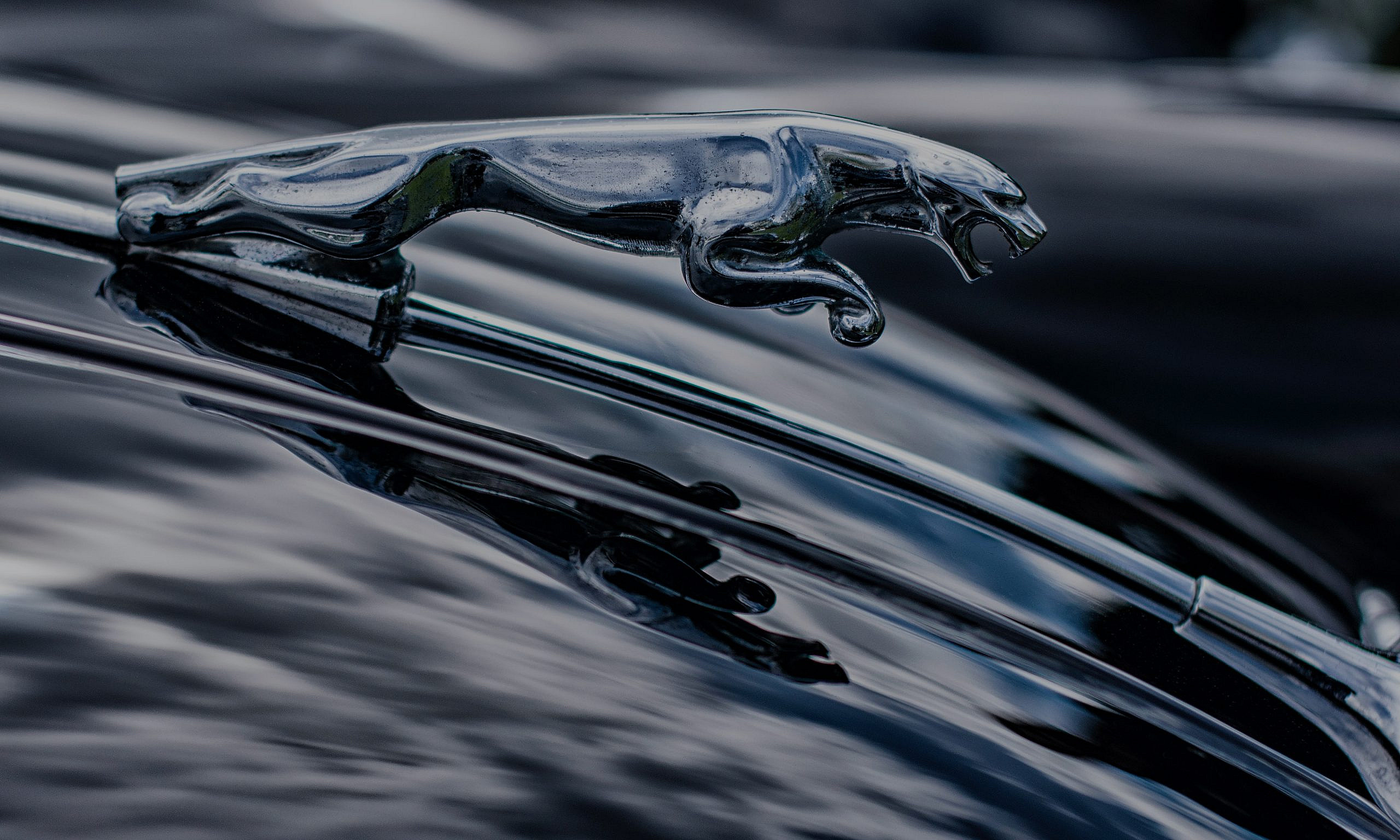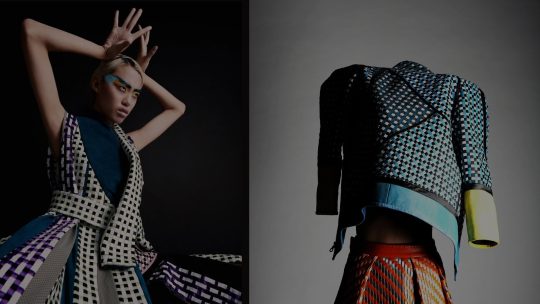Whether it is a pioneering effort to address climate change or simply good business sense, the car giants have put themselves at the forefront of sustainability in the motor industry.
We have reported elsewhere on this site Jaguar Land Rover’s (JLR) initiative to track compliance and assess the carbon footprint of the leather it uses using blockchain technology.
Working with UK leather manufacturer Bridge of Weir Leather Company, Circulor and the University of Nottingham, JLR is trialling the system which creates ‘digital twins’ of the hides used, allowing their progress to be tracked through the supply chain simultaneously in both the real world and digitally.
This is a result of the appointment last year of the company’s Strategy and Sustainability team.
Headed by Executive Director, François Dossa, the team is the driving force behind JLR’s Reimagine Strategy. In addition to the blockchain traceability initiative, the company is aiming for zero exhaust emissions by 2036, and net-zero emissions as a company, across supply chains, products and operations by 2039.
M. Dossa has pledged to: “Lead on clean energy and continue to advance our role in the circular economy.
“Together with our partners we will design a new quality benchmark in environmental, societal and community impact for a luxury business.”
Central to these aims is, of course, the electrification of the company’s vehicles – it has pledged none of them will be petrol or diesel powered by 2030.
It does have some way to go – the JLR roster is yet to feature an all-electric automobile. The first is scheduled to be launched in 2024.
But it looks like the company is moving at the pace required to meet its ambitious targets. It is readying itself for the development of new technologies and is close to trialling hydrogen-powered prototypes.
And JLR has partnered with Tata Consultancy Services (TCS), the Indian Multinational IT services company to create Jaguar TCS Racing, a team to compete in the ABB FIA Formula E World Championship – the electric motor racing competition that is fast becoming a rival for Formula 1.
The elite end of car manufacturer has long provided the development laboratories and test beds for technology that ends up in the cars everyone drives, and Formula E is already rivalling Formula 1 for innovation.
From the leather it uses for upholstery to the engines it builds and the power it uses to build them, Jaguar is aiming high in the sustainability stakes. But if you don’t set difficult targets, you don’t make significant gains. Jaguar Land Rover is a company that is not afraid to set those targets.








